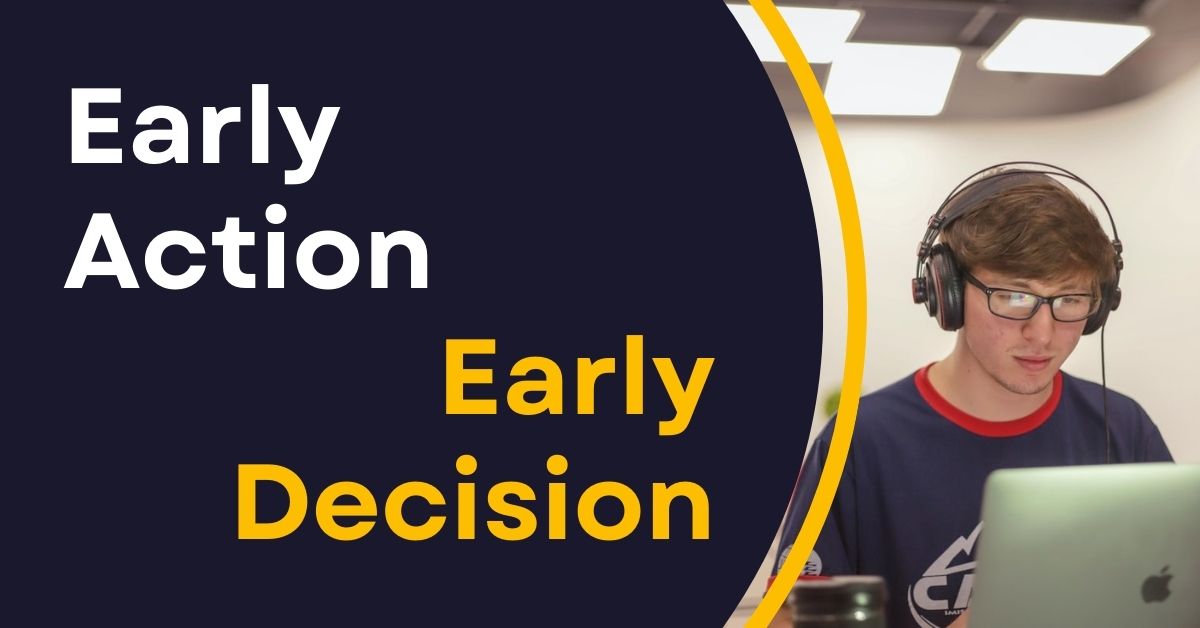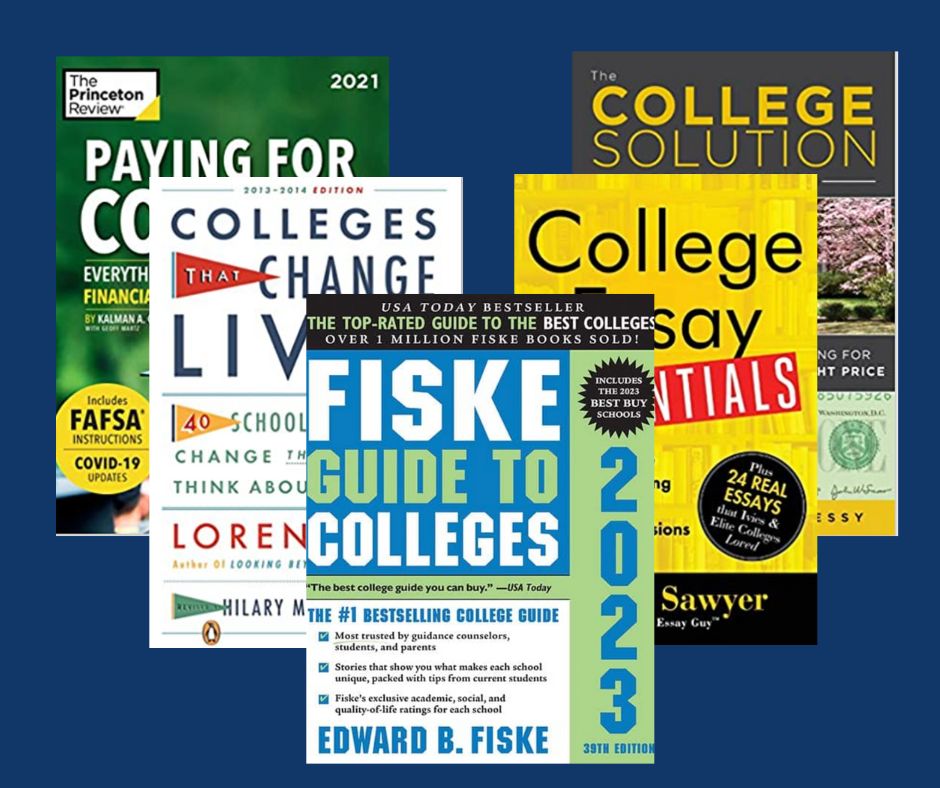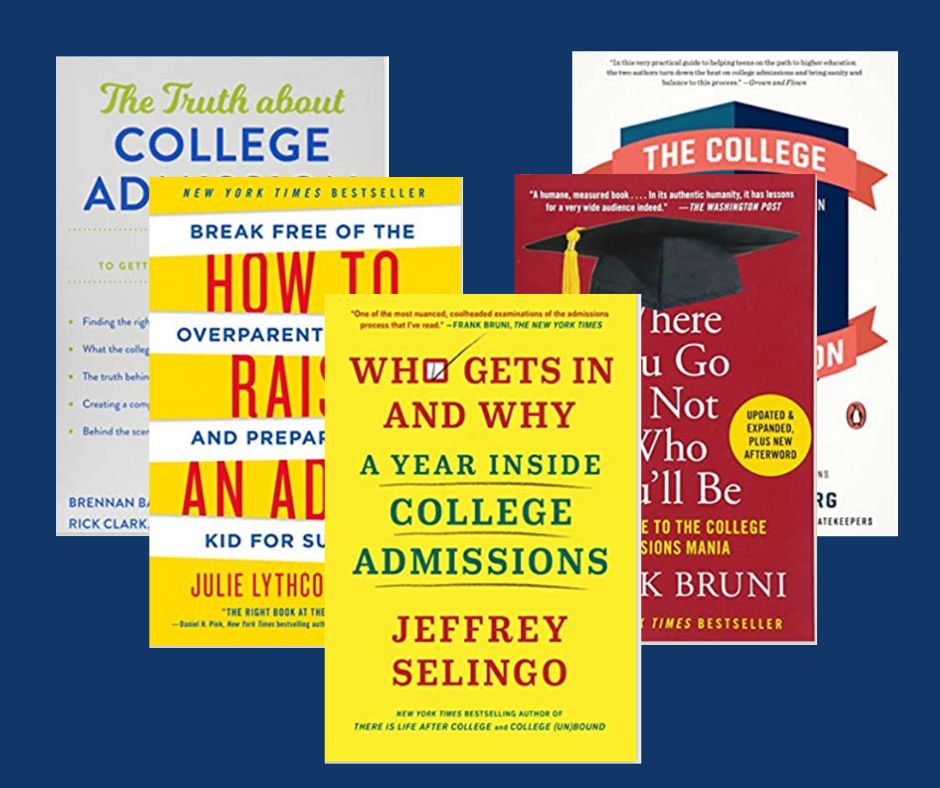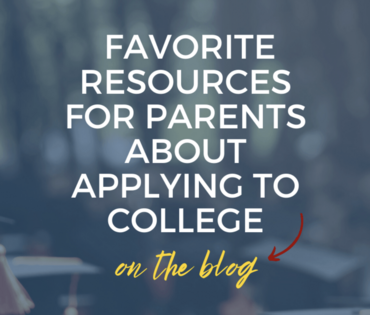Versed Resources to help you make the most of Early Action and Early Decision options

Early Application and Early Decision 1 deadlines for students applying to colleges is in November. With November almost around the corner, we have listed below all of our resources on Early Action and Early Decisions applications so that families can take advantage of an important admissions strategy that more and more students are considering.
When Should Students Consider Applying Early Action/Early Decision?
Our blog on When Should Students Consider Applying Early Action/Early Decision? provides an overview of what EA and ED are, application deadlines, as well as insight into when students should consider a particular college for one of these cycles.
2019 College Acceptance Rate: Early Action/Early Decision Vs. Regular Decision
While providing statistics from three years ago, this blog gives students and parents a good overview of the data on EA and ED acceptance rates, and where it might be useful to consider these cycles based on statistical data.
What Students Should Do When They Get Deferred From College?
Along with preparing for the EA and ED1 deadlines this fall, students should also prepare for what happens if they get deferred during these rounds. Consider our blog on What Students Should Do When They Get Deferred From College? To learn more about what a deferral is, and how to prepare for next steps in case your student is deferred during the November application cycle.
Everything you Need to Know About ED2
Students who might not get into ED1 or EA schools have a second chance at applying Early Decision 2 in January. Learn more about this in our blog specifically centered on the ED2 cycle.
Demonstrating Interest to Prospective Colleges
Self-Motivation For Students & How Parents Can Help
How To Ask For And Receive a Great Recommendation For College
Demystifying the College Admissions Essay
Subscribe to our Newsletter
Receive inside track information on college admissions process, high school and middle school planning, general pre-college guidance, and be the first to know about our events and announcements.
Comments
- Versed Editors's Blog
- Log in or register to post comments











